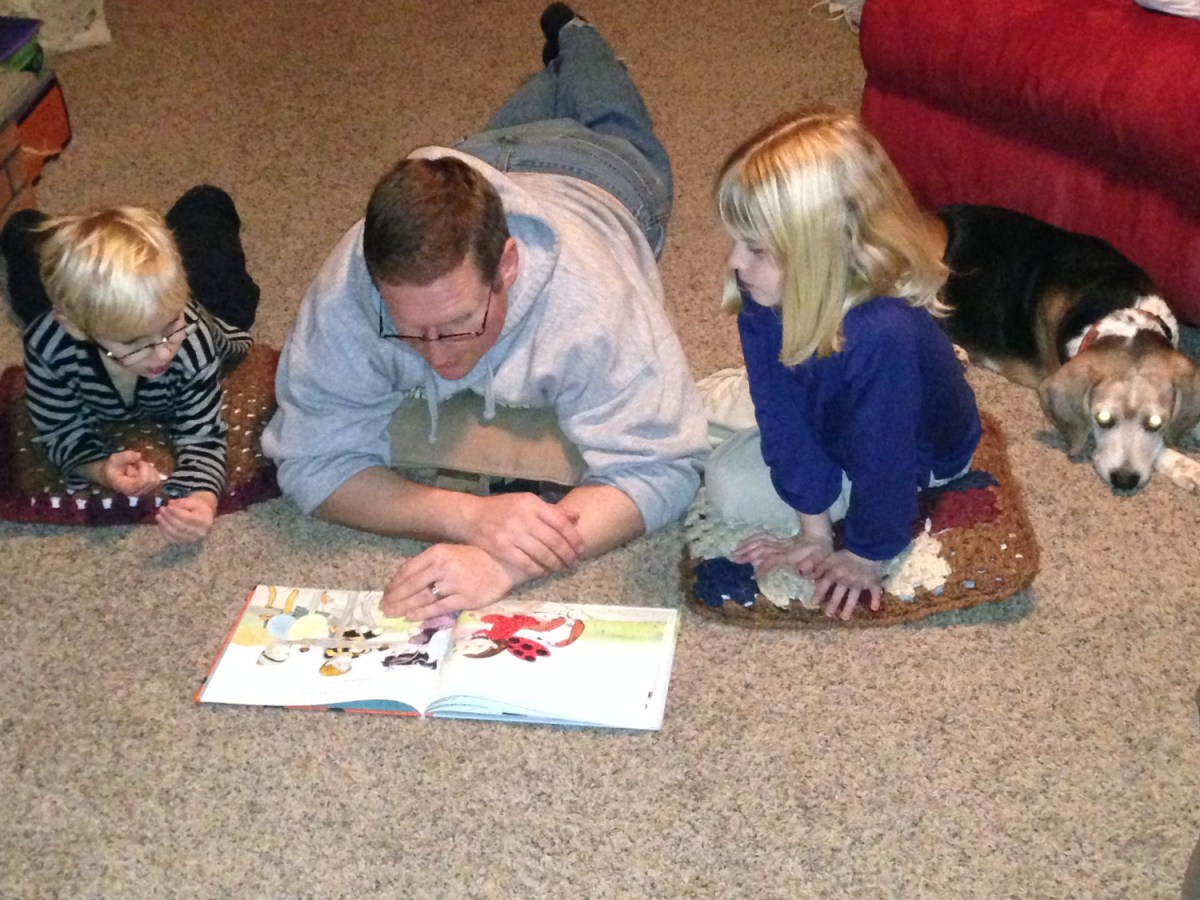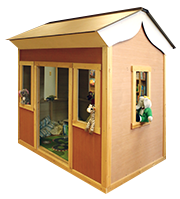You’ve heard it from everyone. You know to do it. But why? how? what to read?
Some nights, you’re just so tired. Other afternoons, you’re just so busy. Your child has learned to read on their own, so you feel a little relieved that you can just let them go on their own. I’ve spent my adult life studying, reading research articles, and teaching literacy. Why do I know these things happens? Because I’ve experienced them all myself. As parents, we know the advice is to read aloud but sometimes it doesn’t happen. And that’s okay. Sometimes.
This first post will talk about the first question. Why? Why read aloud with your child? From a newborn baby to a teenager, there are many excellent reasons to read aloud. As a baby, snuggling with your parent and hearing their voice is an important bonding experience. It associates reading with feelings of happiness and security. But even with children under a year old, we are developing a child’s linguistic knowledge. They hear the sounds of our language, the cadence and patterns of speech, they hear expression and emotion. All of this is important to a child’s language development. Sooner than you think, babies start matching words to pictures, learning new words, and expanding their understanding of the words they know. So, continuing to read aloud as babies grow into toddlers is an important first step in their early reading development.
Moving forward, vocabulary development is one of the best perks of reading aloud with your child. Picture books (think, typical book with pictures and words on the page, usually about 32 pages, usually fiction) often have more complex vocabulary than early chapter books. Most are designed to be read by a parent or adult. Kids can understand words before they can read them. (Obviously, right? Since we talk to kids all the time before they even know there’s such a thing as “reading.”) They can understand words they hear before they say or use them themselves, too. So can you. There’s probably words you hear all the time and understand generally speaking. But you may not use them yourself in everyday interactions. This is called “receptive”vocabulary – hearing or ‘receiving’ the information and understanding the words vs “expressive” vocabulary, saying or expressing the words. The more often children encounter a word, the sooner it will move from a word they hear and understand to a word they use. Reading aloud gives children opportunitiesto hear and explore new words and uses pictures as well as your (the adult’s) discussion of those concepts to give further context and expand their understanding of those words. The statistics on word knowledge are astounding. Suffice it to say that kids who have been read to learn thousands more words by the time they reach school and this continues exponentially as they continue through school. HUGE ADVANTAGES!
You’ve got them to school so it’s the teacher’s job now, right? They’ve learned to read so it’s their job, right? Why should I, the parent, keep reading aloud?
Reading aloud with your child offers opportunities to open discussions about topics children are dealing with, to talk about what they would do in a character’s situation, to hear their thoughts on so many topics. Reading with your child lets them talk about their life and concerns but in a safe and non-threatening way because it starts with a fictional character and made up story. And all the while, there are enormous reading benefits, too. You are still introducing new vocabulary, you are modeling how to read fluently (with appropriate speed, awareness of punctuation, and showing expression and tone), you are motivating them to practice their own reading. Your child can see and match what you are saying to the words on the page, further building their fluency. You are showing your child the worlds that they can explore through books. And you can learn about what interests them, too. They can learn about what interests you. {However, try not to push it – if they want to stick to what they like and aren’t sharing your interest, know when to let it go!} There’s no expiration date. No year or grade in which it’s no longer beneficial. Keep going. Seriously. Even if you have to invent ways to encourage them to sit and listen, don’t quit. It’s worth it. It’s always worth it.
***There’s lots of whys of reading aloud to your child. This list is only some of them. There’s so many good reasons. What are your whys? Share your stories! And then come back and visit soon to hear more about the HOW? and WHAT? of reading aloud.




